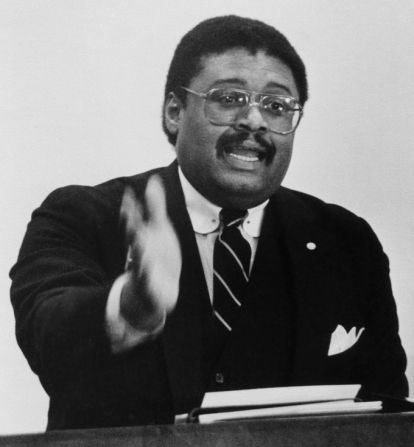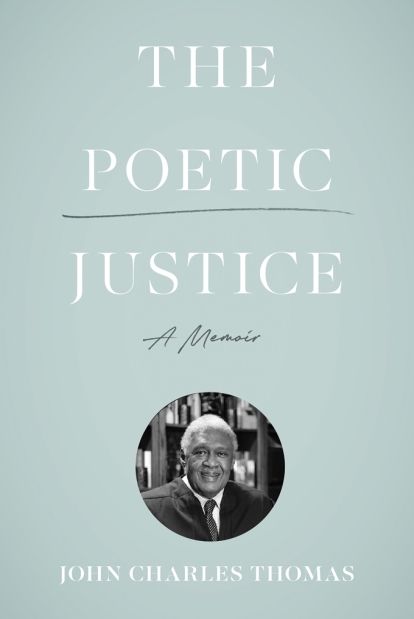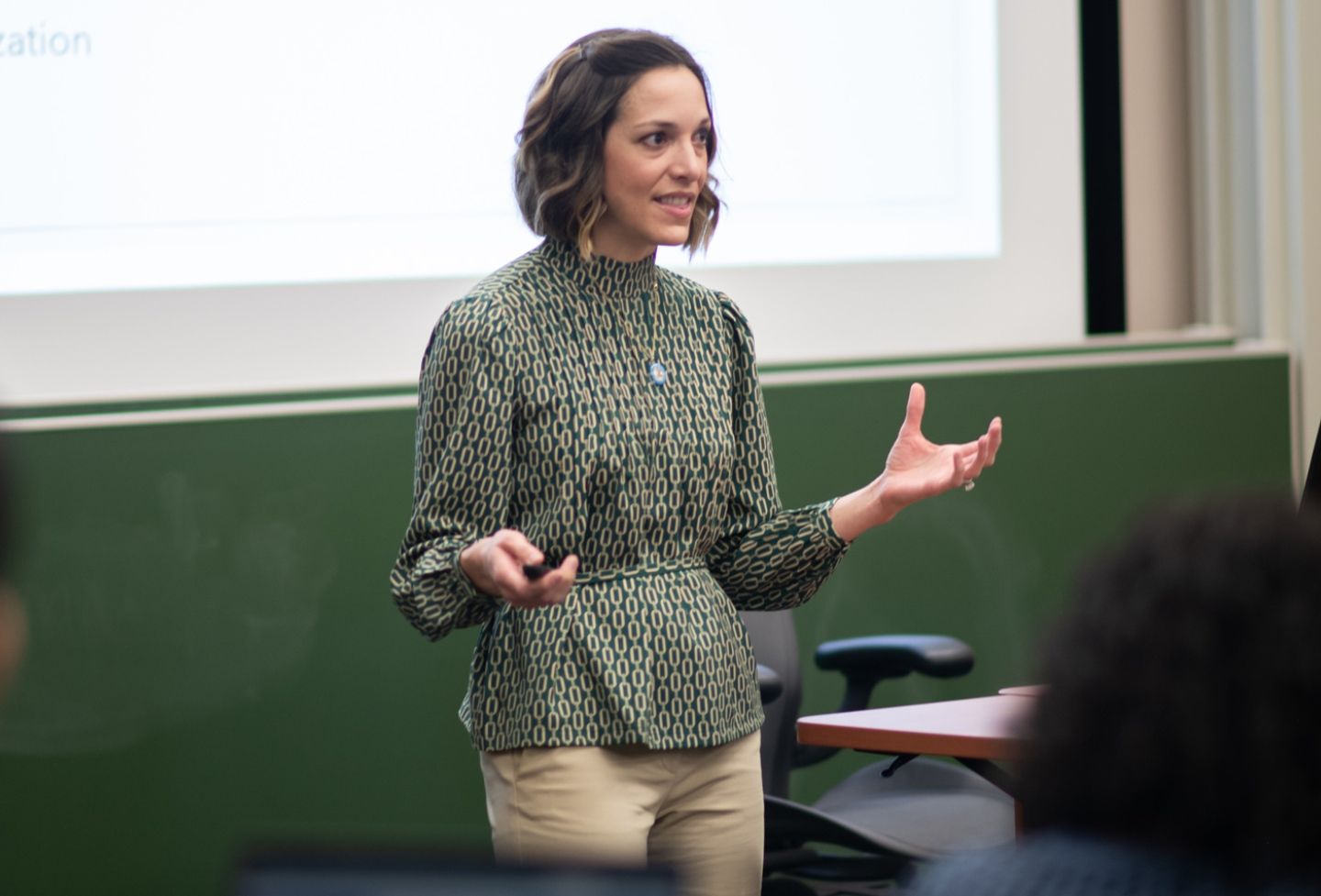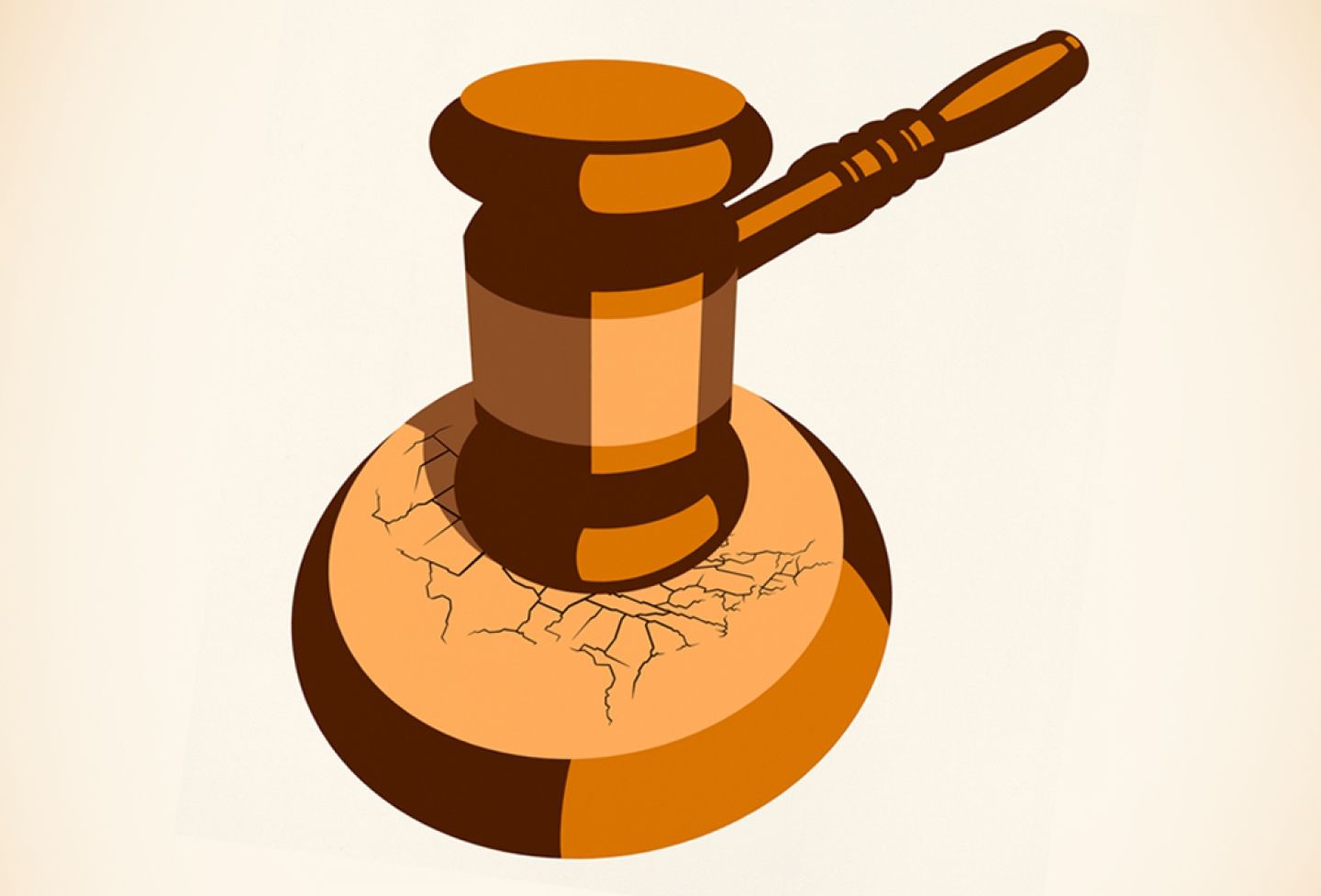Four-year-old John Charles Thomas stood on the porch of his grandfather’s home, watching him banter with several old friends who were leaning against the porch banister.
“Come here,” Thomas’ grandfather called to him. Thomas obediently came over. “Say that poem.”
“Yes, Granddaddy,” Thomas said.
“Hold your head up.”
“Yes, sir,” said Thomas.
“What’s the poem?” his grandfather asked.
“‘Thanatopsis,’ by William Cullen Bryant,” Thomas said. And he proceeded to recite from memory the entire 642-word poem his grandfather had taught him:
To him who in the love of Nature holds
Communion with her visible forms, she speaks
A various language; for his gayer hours
She has a voice of gladness, and a smile
And eloquence of beauty, and she glides
Into his darker musings, with a mild
And healing sympathy, that steals away
Their sharpness, ere he is aware….
The men were beside themselves, amazed at Thomas’ excellent memory, urging him on, shouting, “Go, go, go, go!”
Thomas, who recalled the story at the Law School’s annual Community Martin Luther King Jr. Celebration in January, went on to become a graduate of UVA’s College of Arts & Sciences in 1972 and the Law School in 1975. He was also the first Black lawyer hired by a large law firm in Richmond. When he made partner there in 1982, he was the first Black lawyer in the history of the American South to make partner at an old-line Southern law firm.

Thomas, then a Virginia Supreme Court justice, gives a talk as a guest of the Student Legal Forum in the spring of 1983.
IN 1983, at the age of 32, he became Justice John Charles Thomas, the first Black justice — and also the youngest—in the history of the Supreme Court of Virginia.
The University of Virginia Press recently published Thomas’ new book, “The Poetic Justice: A Memoir,” a reflection on Thomas’ twin loves of poetry and the law. The book’s title alludes not only to the deep love of poetry instilled by his grandfather, but also to overcoming the maze of injustices Thomas faced — and succeeded in spite of — as he came of age in the 1960s and ’70s in Virginia’s deeply segregated landscape.
As a bright high school student with an eidetic memory, Thomas was chosen by teachers at his school to integrate the all-white high school in Norfolk.
“We need volunteers — raise your hands,” is how Thomas described the moment.
“Our teachers in the all-Black schools basically told us you have to change the world; you have no choice. … You’re going to have to show these people who we are,” he said. “And so, we felt that burden. I mean, we didn’t just pick up the burden. It was kind of laid on us.”
The burden was not a light one.
“The theory was, no Negro belongs at white schools in the ’60s. And so, if I failed a class, it would make the newspaper. You would wonder why, but the teachers were talking to the media. … We were under scrutiny the whole time.”
Once, when Thomas realized he’d forgotten an assignment for his Advanced English class, he had just 20 minutes to write a poem, short story or essay. Although he had been reciting poetry since he was 4, it never occurred to him that he could write a poem of his own.
“And so, in that 20 minutes — with my life on the line and it was going to be in the newspaper if I didn’t get it right — I write a poem for the first time ever,” Thomas said.
He titled it, “The Morning.”
The morning is a time for man to rise, review the things that formed his past,
make all his disappointments and mistakes quite clear so they will be his last.
The morning is a time for man to think of all the things to come,
to plot, to plan, to try his best to be ahead when day is done.
The morning is the time for man to dream of things not yet conceived,
to gather his thoughts and ideas around the things that he alone believes.
The morning is a time for man to rise and think and dream
and see that all the world depends on men who with thoughts of hope the day begin.
When the teacher returned his work, “She takes my poem,” Thomas said, “She holds it by the corner, she walks to my desk, she throws it at me, and in front of the class she says ‘I reject this. I do not believe a colored child could write this.’”
Thomas was 17 years old. He kept writing poetry, but just for himself.
During a question-and-answer session at the MLK Celebration, Dean Risa Goluboff and Professor Kim Forde-Mazrui asked Thomas how he endured and succeeded through such injustices.
“FOR ME,” Thomas said, “it was not a question of any grand strategy. It was a question of baby steps and survival.”
At times, “survival” was literal. He recalled meeting his father for the first time — in a penitentiary, where he was serving time as a felon. An alcoholic, his father became violent when drunk. One day after his release he beat Thomas’ mother until Thomas had had enough.
“I’m 6 years old — he’s beating my Mama, and I think he’s going to kill her. … I get the biggest knife I can find. And I say, ‘If you hit my Mama again, I will kill you.’”
His father then froze, and “spent the rest of his life never knowing what I might do.”
Along the way, he found other ways to prove himself and change minds. One day he challenged the president of his high school’s chess club to a game and beat him. “And he was so astounded that he gave me his box of Drueke tournament chess men. … But he became a friend of sorts because he knew, well, that guy can play chess.”
Thomas also joined the student government and the Key Club. He and his friend invited the club to their church and soon the newspaper reported on the white club visiting the Black church.
“If you can see some change,” he said, “if you see a little crack in the door, if you see a little light coming in, I think in that setting, you can keep pushing. And I was able to see that enough to keep going.”
After Thomas visited UVA and was struck by the beauty on Grounds, he wanted to attend. A National Merit semifinalist, he won scholarships and attracted Ivy League brochures. But nothing from UVA.
“And because they didn’t ask me to come, I decided I was going to come here.”
While many of his friends went to historically Black colleges, Thomas studied at the University and learned to navigate two worlds.

“There was a UVA person, and there was a person at home. The sound of my voice might even be different” in the two settings, he said.
As one of just a handful of Black students at UVA Law when he attended, Thomas said he did not remember a time in any course where justice — as opposed to law — was discussed.
“Law and justice are not the same thing,” Thomas told the audience.
The law is important, Thomas said. “You’ve got to understand the statutes and you have to understand the principles.”
But King spoke to people about justice, Thomas said.
“This man was motivated by justice. He changed America because of a sense of justice. … Let us realize that ‘The arc of the moral universe is long, but it bends towards justice,’” Thomas told the audience, quoting King.
“When I look right here at this audience,” Thomas said, “Black and white, men and women, I know that it didn’t always look this way, and it can bring me to tears.
“But it brings me to tears because of the suffering of people […] who said we’re not going to stand for this; we’re not going to have this kind of wrongdoing; we’re not going to have a world where the law says that all people are created equal and yet they don’t treat us that way.”
DESPITE THE STING he felt from his high school teacher’s actions, Thomas kept writing. In 2006, his life took another poetic turn when he was appointed to the Board of Visitors at the College of William & Mary. There, a music professor learned about Thomas’ talent for writing poetry and composed music for a number of his poems.
The result was good. So good, in fact, the professor thought they should arrange a concert at Carnegie Hall as a fundraiser for William & Mary.
“And darned if they don’t do it,” Thomas said. “And I’m the star poet!”
Thomas opened and closed the Carnegie Hall program with his high school poem, “The Morning.”
… The morning is a time for man to rise and think and dream
and see that all the world depends on men who with thoughts of hope the day begin.
“At the end,” Thomas said, “I step to the edge of the stage, and I say, ‘Don’t crush somebody’s spirit by the hatred you have inside of you. Don’t diminish someone’s goal.’
“And I started crying.”
The audience at Carnegie Hall started crying, too. As did the UVA Law audience.
Poetic justice indeed.



